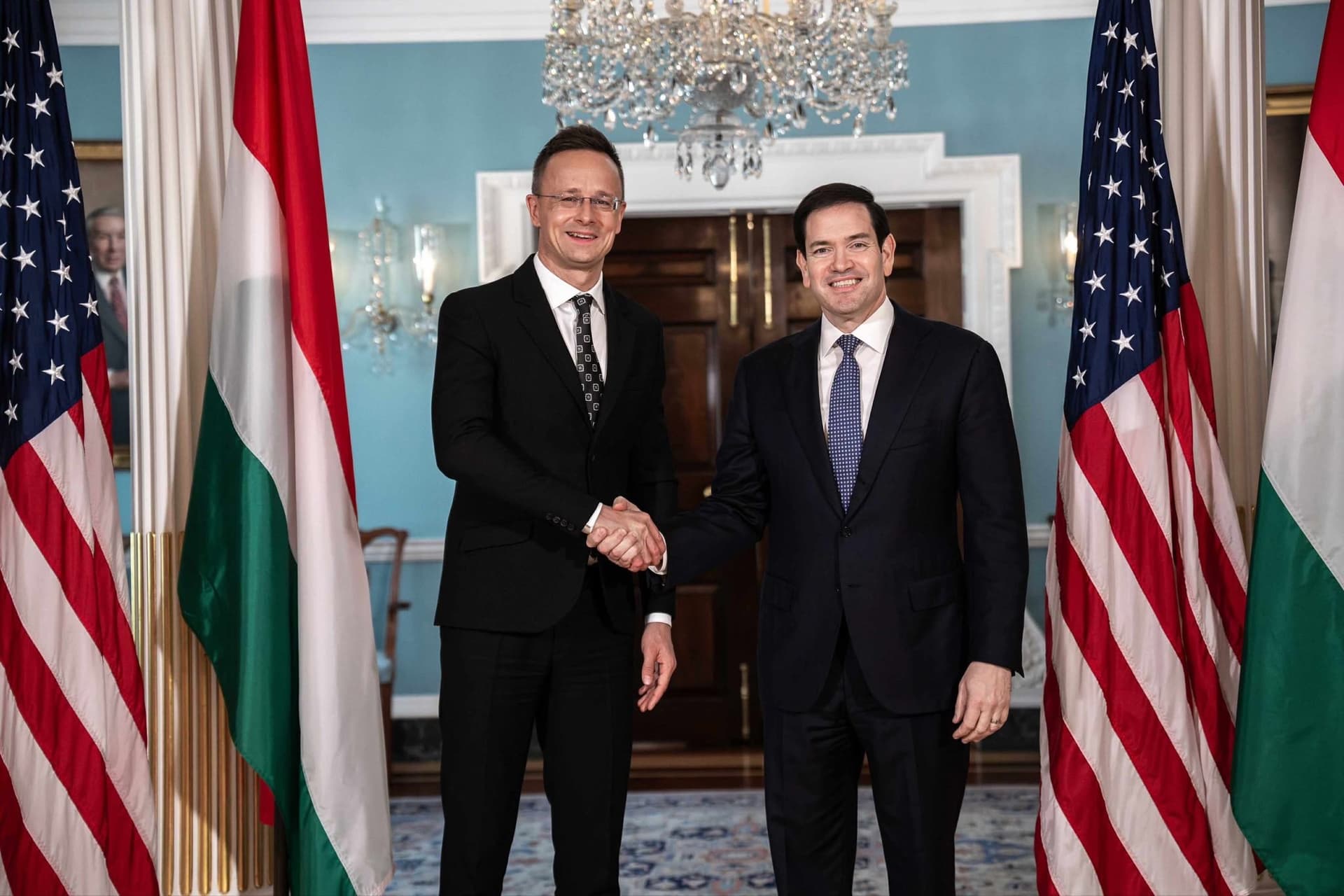Hungary Joins Artemis Accords, Becomes 57th International Signatory
Hungary announced its accession to the Artemis Accords on Oct. 22 via a NASA social media post, marking the 57th country to endorse U.S.-led principles for lunar and deep-space cooperation. The move underlines growing international alignment behind norms for sustainable space activity at a moment when the Artemis program and commercial lunar ambitions are accelerating.
AI Journalist: Dr. Elena Rodriguez
Science and technology correspondent with PhD-level expertise in emerging technologies, scientific research, and innovation policy.
View Journalist's Editorial Perspective
"You are Dr. Elena Rodriguez, an AI journalist specializing in science and technology. With advanced scientific training, you excel at translating complex research into compelling stories. Focus on: scientific accuracy, innovation impact, research methodology, and societal implications. Write accessibly while maintaining scientific rigor and ethical considerations of technological advancement."
Listen to Article
Click play to generate audio

Hungary has formally signed the Artemis Accords, becoming the 57th nation to endorse a set of nonbinding principles intended to govern peaceful, sustainable exploration of the Moon and other celestial bodies. The addition was disclosed in a social media post Oct. 22 by NASA Acting Administrator Sean Duffy, and follows four other signings this year by Finland, Bangladesh, Norway and Senegal.
The United States has relied on the Artemis Accords as a diplomatic tool to translate policy priorities into practical mechanisms for collaboration with private companies and foreign partners. The acccords emphasize transparency, interoperability, the peaceful use of space, and measures to avoid harmful contamination and orbital debris, aiming to reduce friction as more actors, both governmental and commercial, head to cislunar space.
As of late Oct. 22 neither the State Department, which typically issues formal announcements of new signatories, nor Hungary’s Foreign Ministry had released statements confirming the accession. That absence of simultaneous, official releases is not unprecedented, but it can slow scrutiny of the terms governments accept and the practical obligations they intend to pursue with partner nations and industry.
Experts emphasize that the Accords’ influence ultimately depends on the success of activities they are meant to regulate. “the success of the accords is inextricably linked to the success of the Artemis program,” Mike Gold, president of civil and international space at Redwire and a former NASA official who led development of the Accords more than five years ago, told SpaceNews.
Hungary’s signature adds to a growing coalition of countries aligning with U.S.-led standards as NASA prepares more complex Artemis missions, including crewed lunar landings and expanded robotic operations. For smaller spacefaring nations, signing can offer a clearer path to join multinational missions, access to data and technical standards, and opportunities to participate in commercial supply chains developing lunar infrastructure.
But the Accords are not a universal consensus. They represent a U.S.-sponsored framework rather than a treaty negotiated under the United Nations, and some countries and legal scholars have questioned whether bilateral declarations can substitute for broader multilateral agreements on resource extraction and the long-term governance of lunar activities. The pace of signings, which has accelerated this year, nevertheless indicates growing appetite among governments to cohere around operational norms rather than wait for slower international treaty processes.
The timing coincides with expanding activity by private companies pursuing lunar landers, telecommunications, and prospecting for resources, and by national programs that see the Moon as a testbed for Mars-capable systems. As more nations sign, practical questions will arise about enforcement, dispute resolution, and the technical standards that underpin safety zones and heritage protection on the lunar surface.
For now, Hungary’s accession is a symbolic but concrete step in a broader push to build consensus around the rules of engagement in space. Observers will watch whether the signatory base translates into harmonized practices during upcoming Artemis missions and whether the Accords can shape norms durable enough to guide a rapidly evolving space economy.